Jason Moriarty has brought a fresh perspective to his new role as Ross County’s head of performance – after working for the Crown Prince of Brunei in his last role.
Englishman Moriarty was taken on by the Staggies last month, replacing sports scientist Alun Andrews who has moved on following two years with the Dingwall club.
Moriarty started out as a fitness coach in 2008 with AFC Wimbledon where he spent 11 years, during which time the Dons rose from the Conference South to League One.
In early 2020, a former Dons player turned agent alerted Moriarty to the opportunity to take up a role at Brunei DPMM, where fellow Englishman Adrian Pennock was in place as manager.
Restrictions brought on by the Covid pandemic prevented DPMM from competing in the Singapore Premier League, and Moriarty soon returned to England where he worked with Reading and Crawley Town.
Ross County FC are delighted to confirm the appointment of Jason Moriarty as our new Head of Performance.
Full story 👉 https://t.co/vherbt4Vgh pic.twitter.com/AUBFR3M6pL
— Ross County FC (@RossCounty) March 1, 2024
Moriarty was given the chance to resume his work with DPMM once restrictions eased however, with the club regaining their place in the SPL ahead of the 2023 campaign.
Training watched from Royal Box
DPMM are owned by the Crown Prince of Brunei, Prince Al-Muhtadee Billah, who would regularly watch training sessions from a Royal Box in place at the club’s facility.
Moriarty says it was a unique setting for him to carry out his work.
He said: “The club was owned by the Crown Prince of Brunei, which would be the next Sultan of Brunei.
“He used to come to every training session. Halfway through the session you would hear sirens from the police parade coming around on the motorbikes to check everything was safe.
“He would drive a different car every day. You would walk to the royal box, and him and his entourage would be sat with chandeliers, with a window overlooking the training pitch.
“Going to his palace for his birthday party, and meeting the Sultan of Brunei, they were just really nice, down to earth people.
“They were obviously cut throat, because they wanted results and they wanted results now, but as people they were fantastic and I got on really well with them.”
Extensive travelling to compete in Singapore Premier League
With a population of just under 500,000 people, Brunei is predominantly bordered by the Malaysian state of Sarawak.
Of the nine teams in the Singapore Premier League, DPMM are the only side based outwith the nation.
With a two-hour flight required in order to travel to Singapore for matches, Moriarty was exposed to large amounts of travelling during his time in the Far East.
In dealing with a language barrier, and having to understand a variety of different cultures, Moriarty explains the ways in which he communicated his vision to players.
Moriarty said: “Personally, being out in Brunei gave me a different outlook on life.
“My wife and children were with me for the first two years in a strong Muslim country, so my daughters went into a local school and started learning Malay.
“As English isn’t the second language, it helped all of our communication skills massively.
“When I get excited, I talk quickly, so I really had to try and slow down when it came to giving coaching cues.
Adopting the ‘language of coaching’
“I had to learn the language of coaching. If I wanted to get an idea across using similes or external factors, I had to get as much information across in as few words as I could so that players understood what was required of them.
“If I am spending 10 minutes talking, players would have no idea what I was saying.
“This past season, we had a Spanish centre half, a Macedonian goalkeeper, a Dutch midfielder and a striker from Belarus. I didn’t only have the Malay language, but European languages as well.
“Ultimately having a Western Europe football education meant our standards were set so high, and when we went to South East Asia those were beyond the norms.
“Especially with an English head coach, we were allowed to carry on our processes, which was helpful so that we could drive standards and make sure the bar was set high.”
Ramadan presented unique challenges
In setting out a fitness and sports science plan for DPMM’s predominantly Muslim squad, Moriarty faced additional challenges in his work during the holy month of Ramadan.
During the ninth month of the Islamic calendar, Muslims begin a period of fasting at dawn, which lasts until sunset each day.
Moriarty insists attempting to meet the demands of a regular football schedule during Ramadan was a huge challenge.
He added: “During the holy month of Ramadan we would only have one training session per day, from 9pm to 10pm.
#floodlightfriday – Negara Hassanal Bolkiah. Used by DPMM in the Singapore League and the Brunei National team pic.twitter.com/9EReLaSZmB
— Leo Hoenig (@LeoHoenig) November 24, 2023
“Our normal sessions would start at 4.30pm, and we had to be finished by 6pm because there was prayer between 6pm and 6.15pm.
“If you make anyone do physical activity during prayer time, you could get sent to prison.
“If training ran over a touch, and you heard the prayer call in the background, all of a sudden you would see the assistant coach – who was local – desperately signalling for the manager to stop.
“With Ramadan, because we played in Singapore we were the only team who were predominantly Muslim.
“Out of the starting 11, we had eight or nine players who had been fasting all day before evening kick offs.
Fast broken less than an hour before kick-off
“We would be breaking fast 40 minutes before kick off, which was really difficult. Some lads would fall asleep in the changing room.
“Me and the manager would go to the supermarket and we would make sandwiches and carbohydrate drinks so that when it came to breaking fast, players were able to get something inside them.
“Opposing managers hated us, because we made our goalkeeper go down four times a game so that players could come over to the side of the pitch and get hydration and carbohydrates.
“The boys in Brunei said that because everyone is doing it, it’s easier because they’re all in together.
“In terms of training during Ramadan, we reduced the load, and when we did our conditioning we tapered that so the players weren’t going flat out.
“The most common challenge was just their mood, especially during the first week. The lads’ mood was terrible.
“We just had to be as relaxed and jovial as we could – and not demand too much from those players, because you’re only going to get one response.”
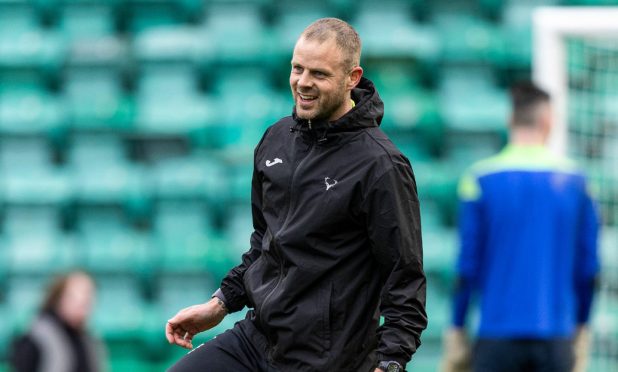
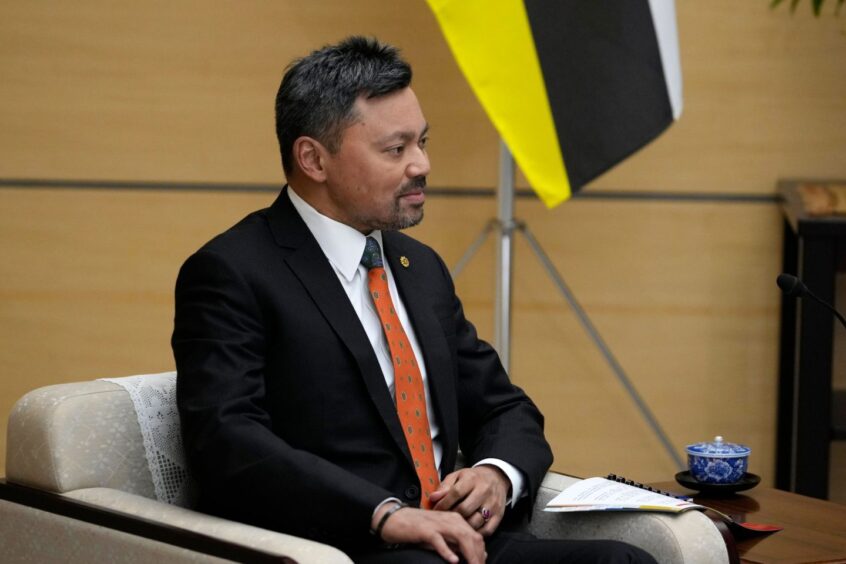
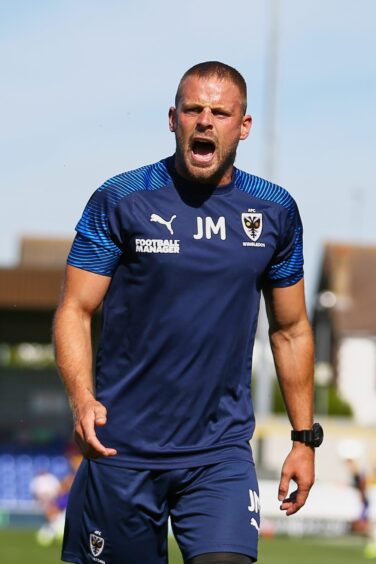
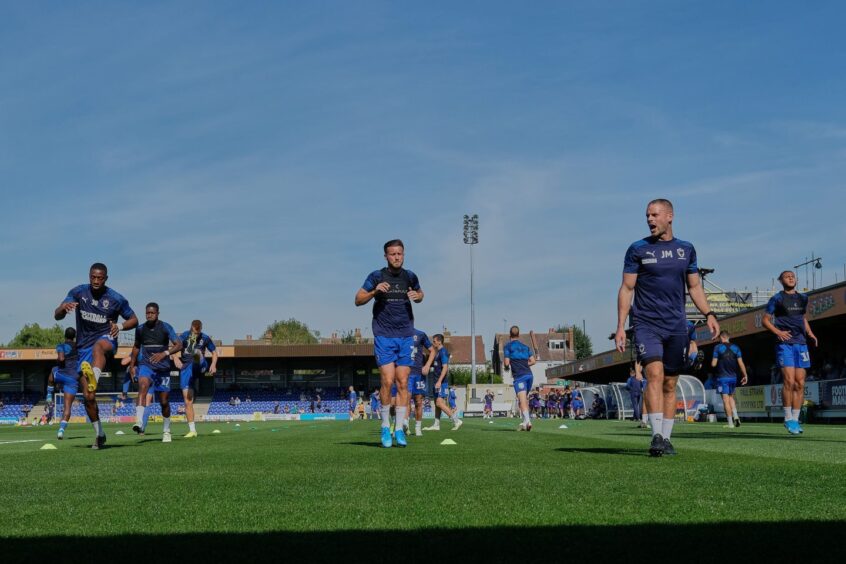
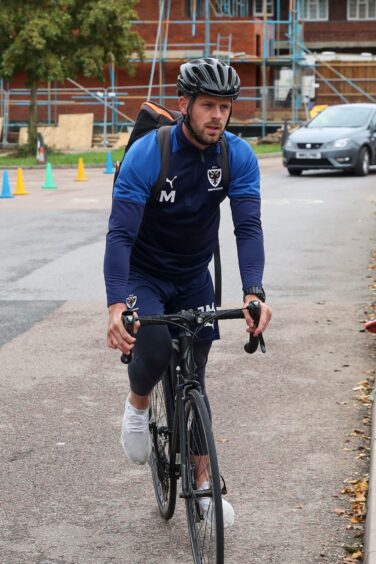
Conversation